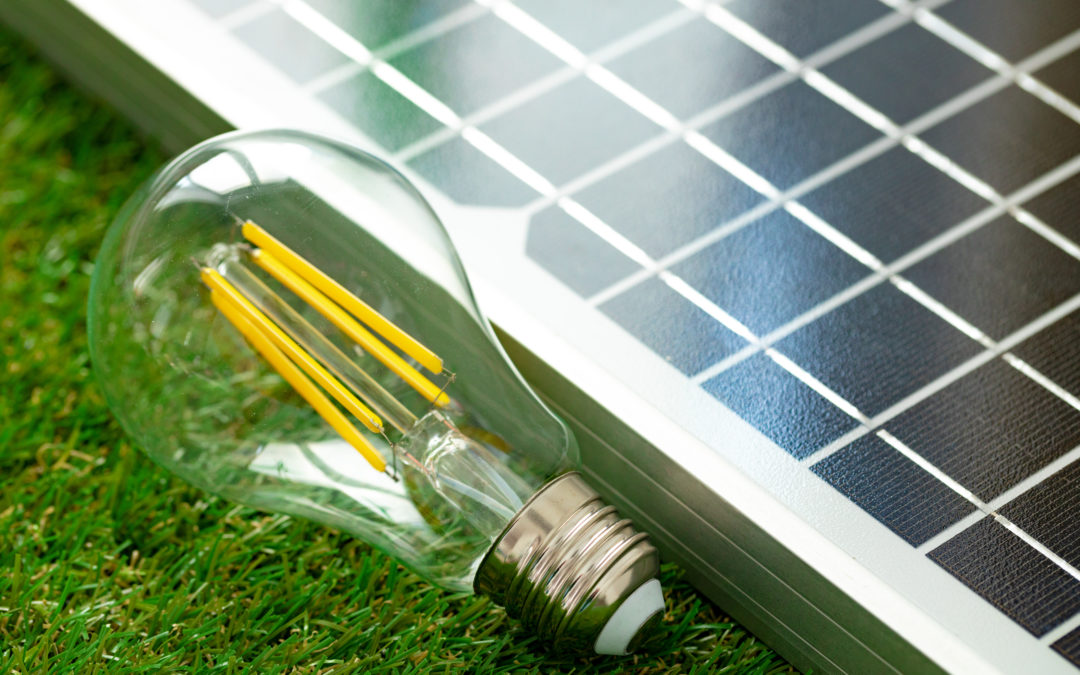Optimizing energy consumption is one of the best ways to boost the home or business budget. This is a worthwhile effort both in terms of saving money and making a contribution to environmental protection. Currently, an average U.S. household spends an additional $120 every year on account of wasted energy.
Several methods can reduce energy spending at home or in the office. When it comes to home power saving, the first thing to do is switch all devices off when not using them. This includes appliances and gadgets that might seem like small energy consumers, since all spending accumulates over the year.
Some of the devices that should be turned off include the lights, fans, media devices and players, and kitchen appliances.
Devices that use power adapters will need to be unplugged completely, not just switched off. These devices go into standby mode when turned off, which means they’re still consuming electricity. Devices with adapters include chargers, game consoles, printers, computers, and TVs.
It might be worth considering a central turn-off console for complex systems, like home theaters. These systems usually have several devices that will need to be turned off or unplugged. Having a single switch for all devices will make the job much easier.
Finally, it would be best to use only devices and appliances that qualify for the Energy Star rating. These devices will require less electrical power, both in standby and operational modes.
Reducing electrical expenditure in the office includes certain general guidelines similar to saving power at home. However, other techniques will be specific and intended for larger spaces or more people sharing the workplace.
For instance, motion sensors can be put in place in bathrooms and other rooms that aren’t always in use. The sensors will ensure the lights are on only when the room is occupied and will turn the lights off as soon as the room becomes vacant.
Key Takeaways:
- When not in use, devices such as lamps, overhead lights, CD players, and DVD players should be turned off.
- Devices with power adaptors – such as TVs, computers, and game consoles – should be unplugged when not in use.
- Use of a central power strip allows you to turn off multiple items with one flip of a switch.
“With so many other things occupying your time throughout the day, you may wonder: is it worth it to turn off and unplug devices on a daily basis, or is the energy savings not worth the trouble?”
Read more: https://mrelectric.com/blog/how-to-optimize-your-energy-savings


Recent Comments